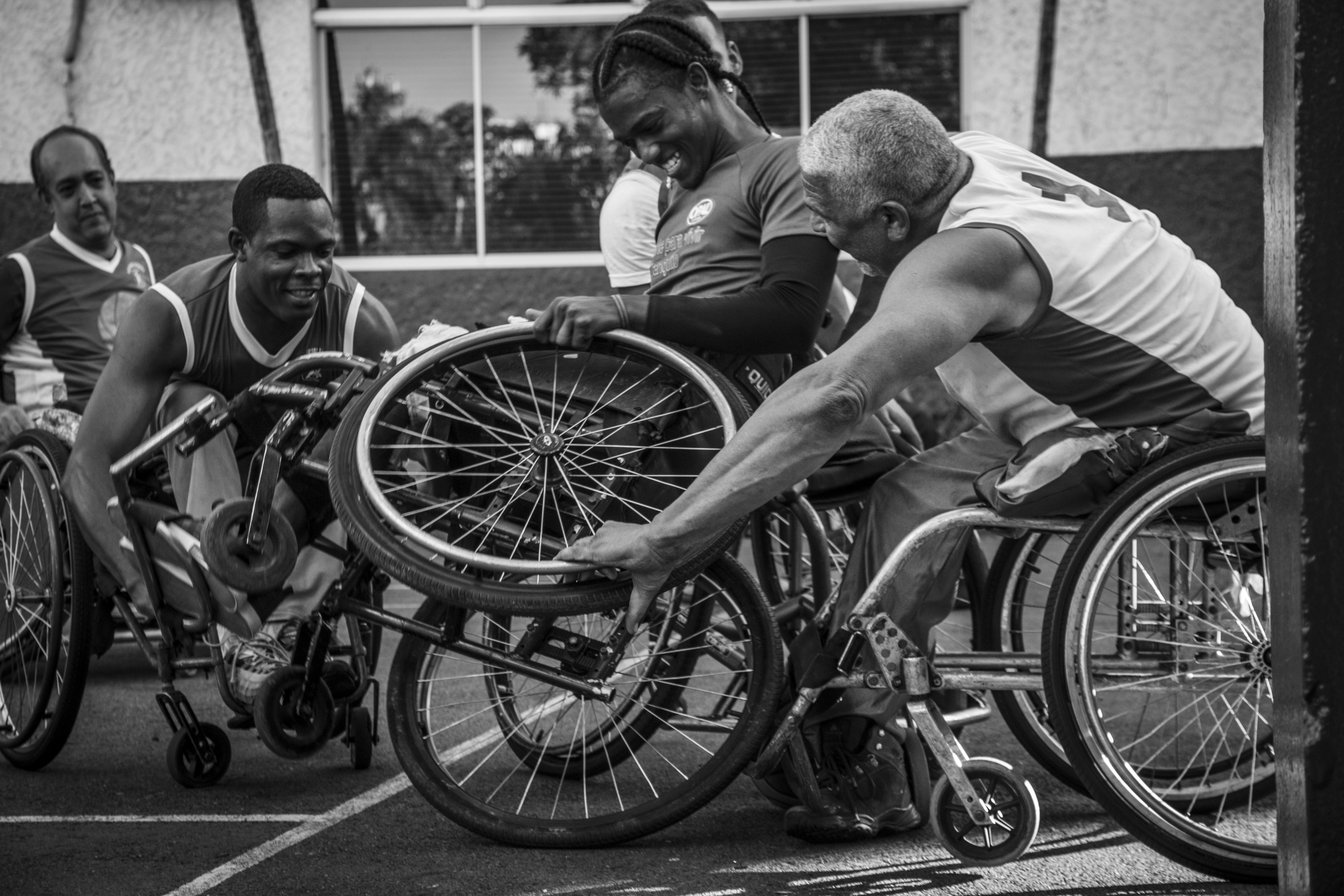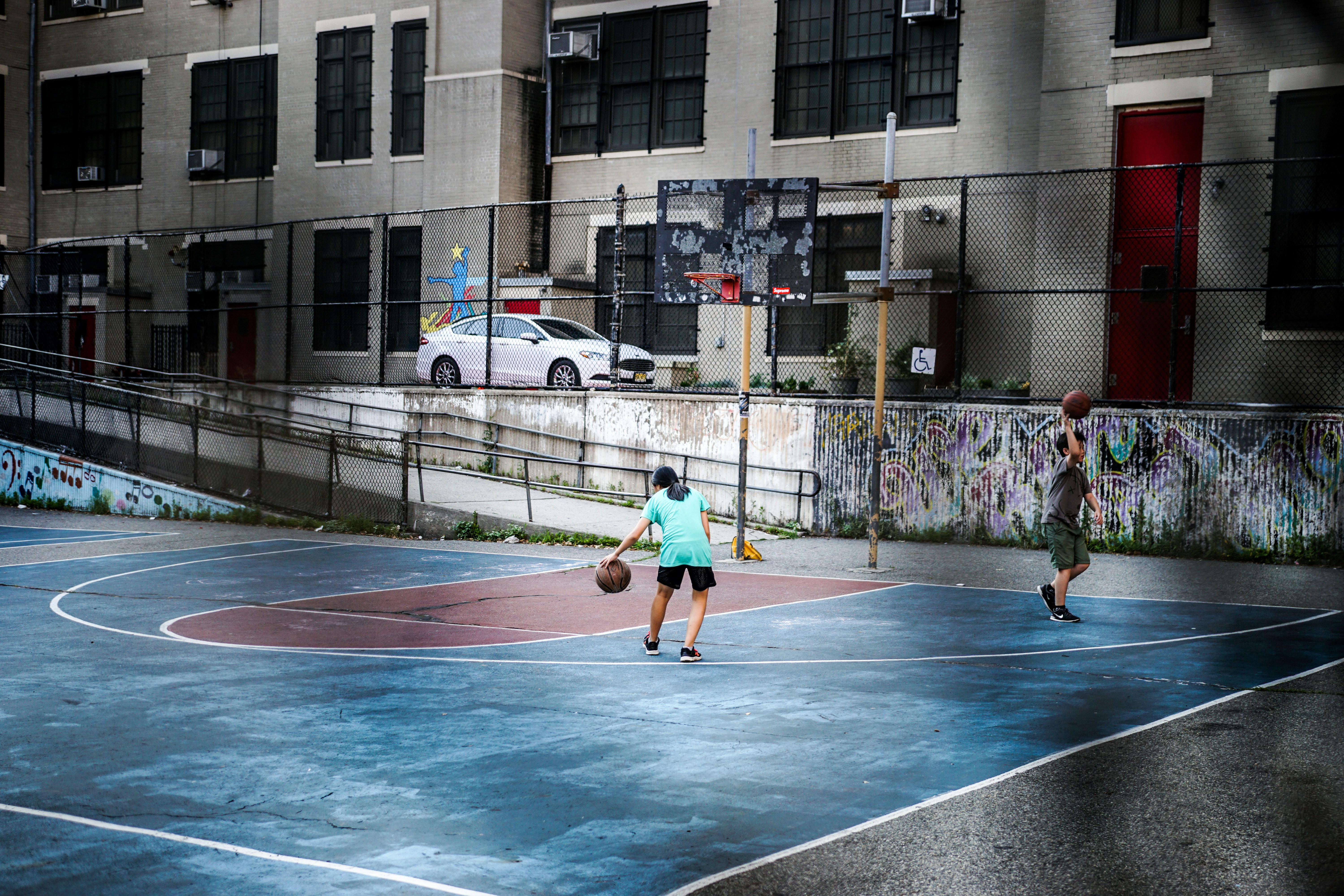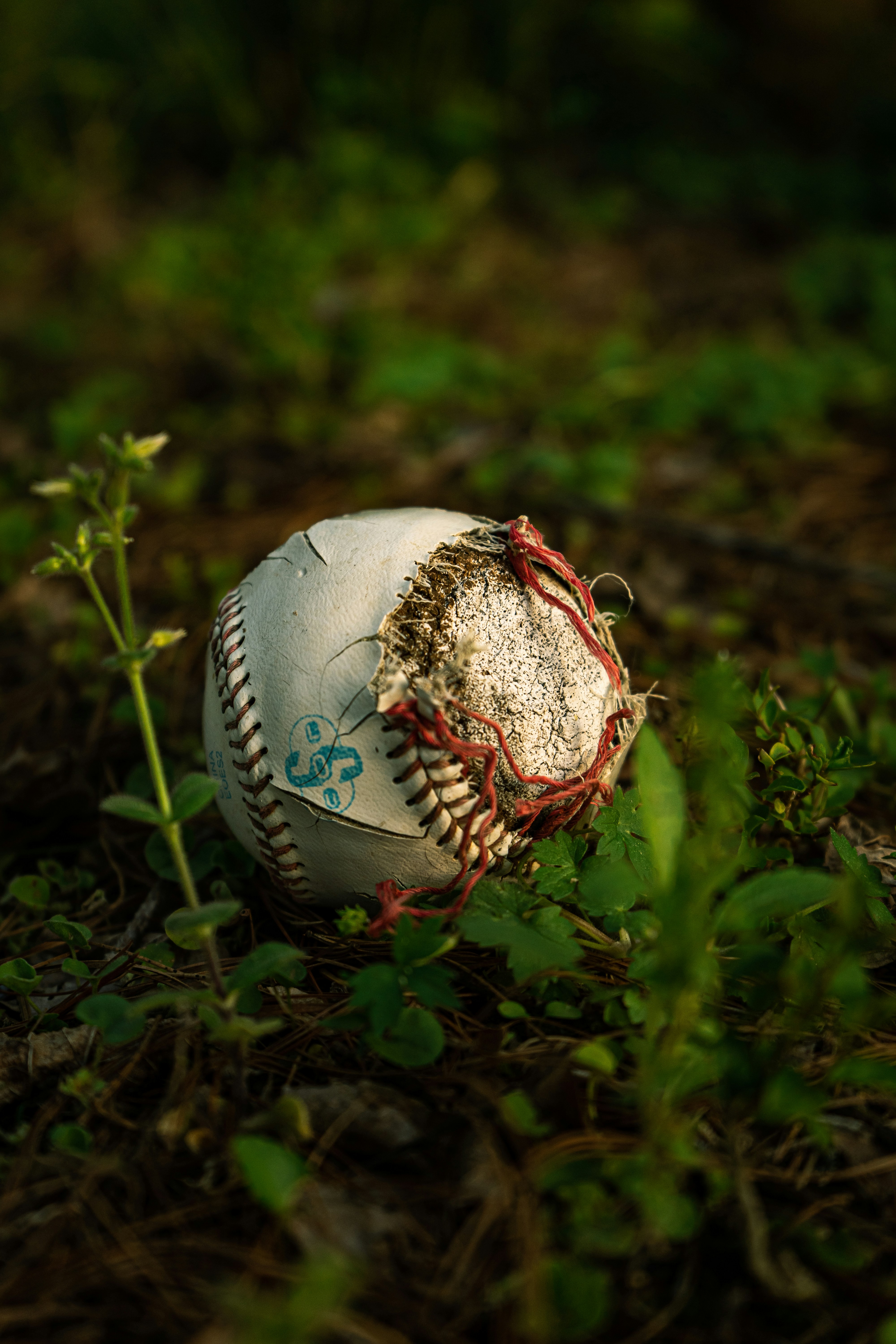Unlock Athletic Performance: The Power of Alternative Therapies
In today's highly competitive world of sports, athletes are continually searching for that extra edge to enhance their performance. While traditional training methods and nutrition play significant roles, an increasing number of athletes are exploring the intersection of conventional sports practices and alternative therapies. This article delves into how these holistic approaches, ranging from acupuncture to mindfulness practices, can amplify athletic performance, foster recovery, and improve mental resilience.
The Rise of Alternative Therapies in Sports

As the lines between conventional sports training and holistic approaches blur, we see a growing trend among athletes toward alternative therapies. These methods cultivate not just physical prowess, but also the mental and emotional well-being essential for peak performance. It's not just about building muscle or upping endurance; it’s about creating a balanced athlete who can withstand the intense pressures of competition.
For many years, alternative therapies were viewed with skepticism, but recent studies have highlighted their benefits. According to a report by the National Center for Complementary and Integrative Health, these therapies can enhance the effectiveness of traditional methods by reducing recovery times and improving overall well-being. Athletes are beginning to recognize that muscular fitness isn't solely about lifting weights; it’s also about mental clarity and emotional stability.
Understanding the Holistic Approach

So, what does a holistic approach to athletic performance encompass? It is grounded in the idea that an athlete is not just a physical entity but a complex interplay of mind, body, and spirit. The holistic approach includes:
- Mindfulness and Mental Training: Techniques like meditation and visualization can enhance focus, decrease anxiety, and promote a positive mindset.
- Bodywork Therapies: Modalities such as massage therapy, chiropractic care, and acupuncture stimulate blood flow and reduce muscle tension.
- Nutrition and Herbal Supplements: Besides traditional diets, athletes are integrating herbs and natural supplements to support their physical training and recovery.
This multidimensional perspective caters to different aspects of an athlete's life, creating a more sustainable and comprehensive method for performance enhancement.
Harnessing Mental Clarity Through Mindfulness

One of the most significant aspects of alternative therapies is their emphasis on mental clarity and resilience. Numerous studies suggest that mindfulness practices, such as meditation and breathing exercises, can significantly affect how athletes perform under pressure.
For instance, a study published in the Journal of Strength and Conditioning Research found that athletes who practiced mindfulness showed improved performance metrics and overall mental toughness. Incorporating such techniques can help athletes stay focused and calm during high-stress situations, which is critical in competitive environments.
Mindfulness also fosters deeper self-awareness, which is vital for personal growth and training adjustments. Athletes can tune into their bodies' signals, recognizing when to push harder and when to rest—a crucial skill in avoiding burnout and injuries.
Bodywork Therapies: A Path to Recovery
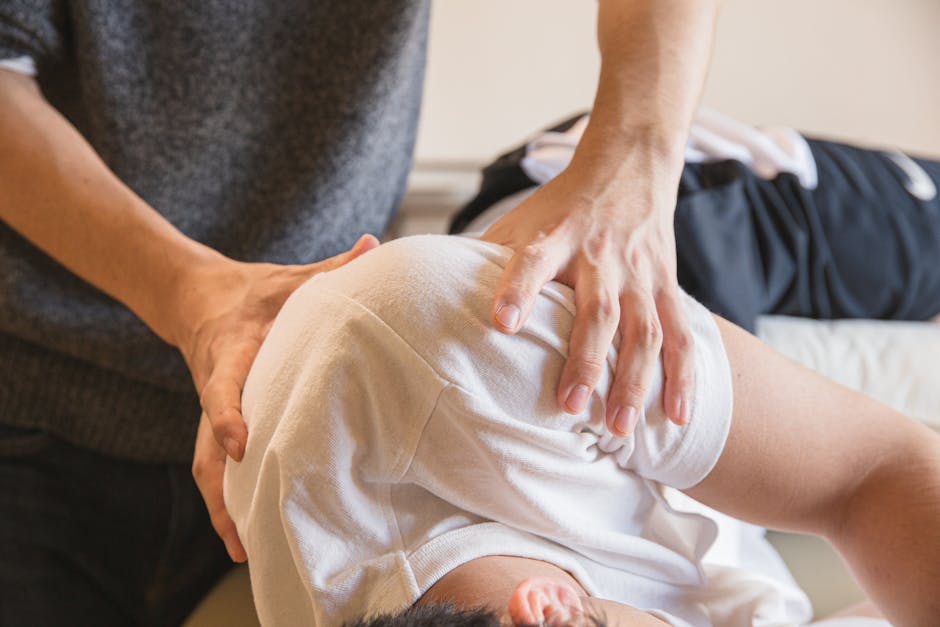
While training hard is essential for athletes, recovery is just as critical. Bodywork therapies such as massage and acupuncture can provide valuable benefits for physical recovery.
Massage Therapy
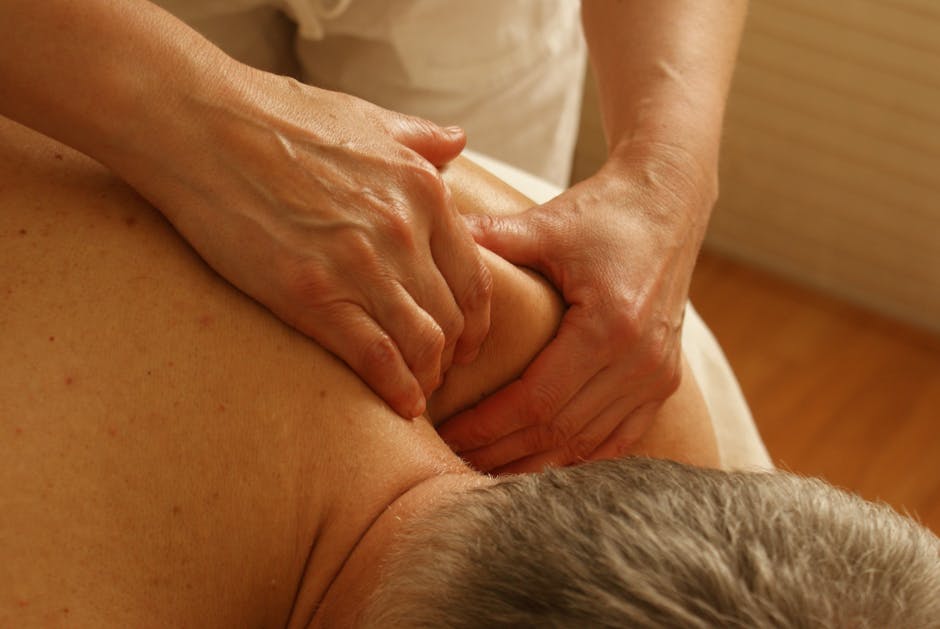
Massage therapy is widely recognized for its ability to alleviate muscle soreness, improve circulation, and enhance flexibility. Regular massage can help lower levels of the stress hormone cortisol while increasing the release of dopamine and serotonin—chemicals in the body that induce relaxation and happiness.
Athletes from various sports have begun incorporating massage therapy into their routines as a way to speed recovery, enhance performance, and reduce the risk of injury. Whether it’s a deep tissue massage or a gentle Swedish massage, the benefits are often immediate and noticeable.
Acupuncture

Acupuncture, a key component of traditional Chinese medicine, has gained popularity in the sports arena as well. Studies have suggested that acupuncture can improve circulation, reduce pain, and enhance recovery after grueling training sessions or competitions. In fact, several professional athletes are known to utilize acupuncture regularly as part of their wellness routines.
Acupuncture can stimulate specific points on the body to release tension and block pain pathways, which can be particularly beneficial for athletes recovering from injuries or managing chronic pain from overuse.
Nutrition as a Catalyst for Performance

In the realm of sports, nutrition often takes center stage; however, the integration of alternative dietary practices adds another dimension. Athletes are increasingly turning to nutritionists who specialize in holistic methodologies, emphasizing whole foods, herbal supplements, and individualized diets tailored to their performance needs.
Functional Foods and Superfoods

Functional foods, rich in nutrients that offer health benefits beyond basic nutrition, are gaining traction among athletes. Foods rich in antioxidants (such as berries and leafy greens) can help reduce inflammation and promote recovery.
Additionally, superfoods like spirulina, quinoa, and chia seeds are gaining popularity for their nutrient density. Incorporating these into an athlete's diet not only boosts performance but can also enhance recovery and mental clarity.
Herbal Supplements

Herbal supplements such as turmeric, ginger, and ashwagandha are being recognized for their medicinal properties. They can bolster an athlete’s recovery process by reducing inflammation and stress levels. Studies have shown that ashwagandha can enhance strength and endurance, making it a favored option among many athletes.
Staying Hydrated with Herbal Teas

An often-overlooked aspect of hydration is the incorporation of herbal teas. For instance, teas like chamomile or ginger can soothe inflammation and aid digestion, while green tea can serve as an antioxidant powerhouse. These options can keep athletes optimized both during and after intense physical activities.
Seamless Integration of Recovery Protocols
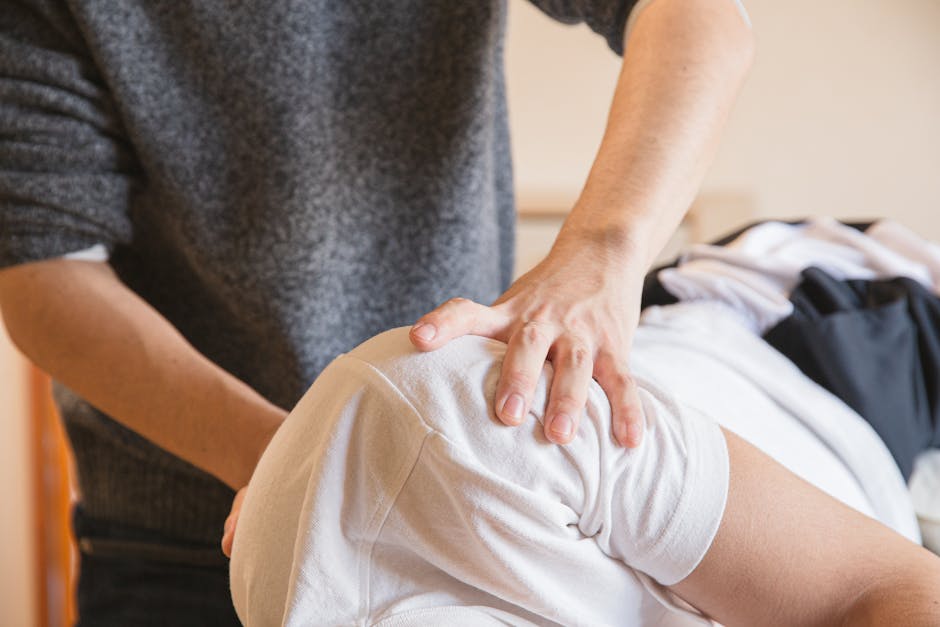
Athletes can no longer rely solely on traditional methods. Instead, they need to consider a blend of therapies that promote physical, mental, and emotional health. This interdisciplinary approach is not just about training harder; it’s about training smarter.
For athletes looking for ways to enhance their athletic performance, the combination of alternative therapies with conventional training can yield remarkable results. It’s about cultivating a recovery protocol that listens to the body, promotes longevity, and ultimately enhances performance.
The Role of Community in Supporting Alternative Therapies

Beyond individual practices, the role of community and team support cannot be overstated. Team culture often influences how athletes access and integrate various strategies into their routines. For instance, many teams are now employing sports psychologists to work alongside trainers, providing mental health support as athletes navigate the physical and emotional demands of sports.
Additionally, community workshops and training camps can serve as platforms for athletes to learn about alternative therapies. Engaging with experts who specialize in these areas fosters dialogue and understanding, allowing athletes to share their experiences and explore the benefits together.
As communities increasingly recognize the value of holistic approaches, there may be less stigma around alternative therapies. Athletes may find themselves more empowered to explore these avenues, leading to greater acceptance and integration into their daily practices.
Encouraging Personal Experiences and Stories
Athletes sharing their personal experiences with holistic therapies can be powerful catalysts for change. Anecdotes, whether through social media, podcasts, or conferences, inspire others to engage with these alternative methods. The narratives of elite athletes who utilize acupuncture or mindfulness practices can motivate younger athletes to consider these avenues, cultivating a more open-minded approach to training.
Next Steps: Embracing a Holistic Approach
As sports continue to evolve, the integration of alternative therapies is set to become a critical component in the ongoing quest for improved athletic performance. Athletes should consider exploring various modalities to find what resonates with them while remaining discerning consumers of available therapies.
- Try Different Therapies: Don’t hesitate to explore various holistic practices to find what best supports your performance journey.
- Consult Professionals: Work with healthcare and wellness professionals who specialize in sports to tailor an approach that combines both worlds effectively.
- Engage with Peers: Talk to fellow athletes about their experiences with alternative therapies and share insights that can enhance team dynamics and individual performance.
Final Thoughts: A New Age of Athletic Excellence
The role of alternative therapies in athletic performance marks a significant shift towards a more integrated approach to sports. Athletes no longer need to view their bodies simply as machines; they must adopt a holistic perspective that values not just physical training but mental and emotional wellness as well.
By embracing this multifaceted approach, athletes can enhance their performance, prolong their careers, and foster a deeper connection with their sport. Ultimately, the melding of traditional sports practices and holistic healing strategies may pave the way for a new generation of athletes capable of achieving unprecedented heights.
Remember, the path to enhanced athletic performance is personal and varies from person to person. Explore, research, and connect with what works for you as an individual athlete. In this brave new world of sports, it might just be the alternative therapies that propel you to new heights.
